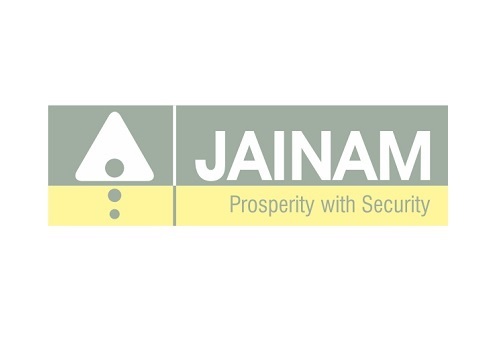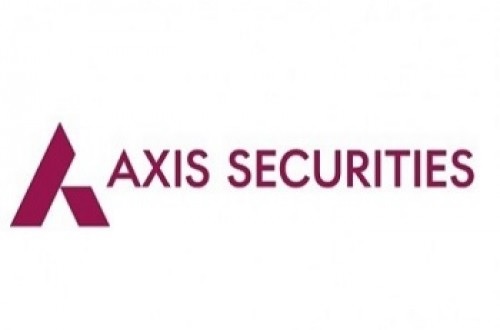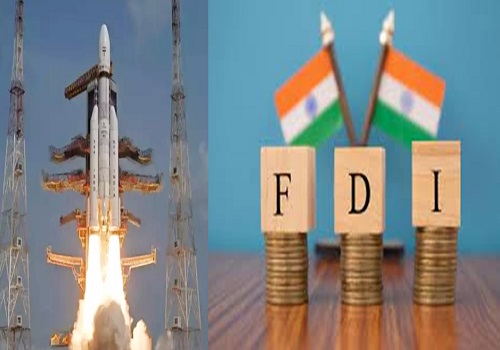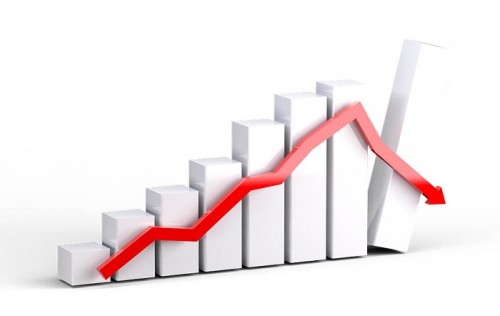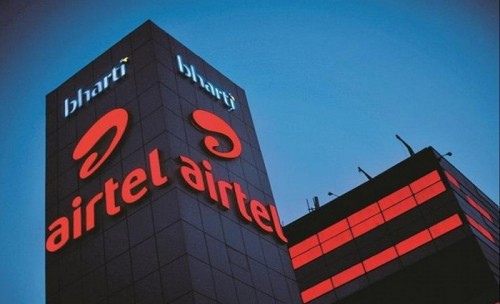Markets likely to get negative start on first day of new financial year 2023
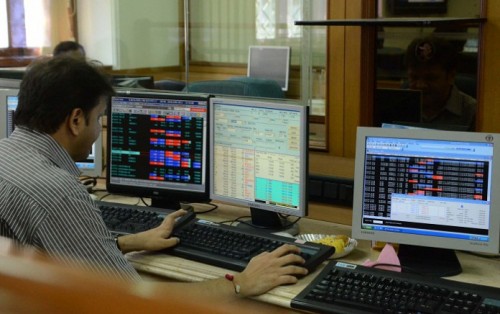
Follow us Now on Telegram ! Get daily 10 - 12 important updates on Business, Finance and Investment. Join our Telegram Channel
Indian markets pared their early gains and settled lower in choppy trade on the last day of the 2021-22 fiscal on Thursday, dragged by heavyweight conglomerate Reliance Industries and aluminium producer Hindalco. Today, markets are likely to get negative start on the first day of new financial year 2023. Traders will be concerned as data released by the Reserve Bank of India (RBI) showed India's current account deficit widened to a massive $23 billion in October-December 2021 from $9.9 billion in July-September 2021 due to a higher merchandise import bill. More pessimism may come as data released by the Ministry of Finance showed that India's external debt rose $11.5 billion in October-December 2021 to stand at $614.9 billion at the end of the quarter. Besides, the Centre's fiscal deficit at the end of February stood at 82.7 per cent of the full year budget target, mainly on account of higher expenditure. In the last financial year, the fiscal deficit or gap between the expenditure and revenue was 76 per cent of the Revised Estimate (RE) of 2020-21. However, some respite may come later in the day as infrastructure industries grew by 5.8% on year in February, largely benefiting from a low base as the core sector output had contracted 3.3% a year ago. Except crude oil and fertiliser production, all other core sector segments - coal, natural gas, refinery products, steel, cement and electricity - registered a positive annual growth in February. Meanwhile, the Directorate General of Foreign Trade (DGFT) yet again extended the existing foreign trade policy (FTP) (2015-20) by another six months till September 30 to ensure policy continuity in external trade. Real estate industry stocks will be in focus with a private report stating that housing sales increased by 7 per cent year-on-year to 70,623 units during January-March across eight major cities on better demand driven by very low-interest rates on home loans, while prices appreciated by an average of 7 per cent. There will be some reaction in auto industry stocks as Union Minister for Road Transport & Highways, Nitin Gadkari said that India has registered overall 162 per cent growth in the sales of electric vehicles this year. Aviation industry stocks will be in limelight as Jet fuel prices were hiked by 2 per cent - the seventh straight increase this year - to an all-time high, reflecting a surge in global energy prices. Meanwhile, investors will be eyeing the auto sales data to be out later in the day.
The US markets ended lower on Thursday as concerns persisted about the continuing conflict in Ukraine and its inflationary effect on prices and the Federal Reserve's response. Asian markets are trading mostly in red on Friday following overnight losses on Wall Street, with investors looking ahead to the release of a private survey on Chinese manufacturing activity in March.
Back home, Indian equity benchmarks ended the last trading session of the financial year 2021-22 (FY22) on a lower note, on the back of negative cues from other Asian markets. Key indices made positive start as traders took some support with the International Monetary Fund stating that India, which has received a record number of foreign direct investment during the last few years despite COVID-19 crisis, has quite a few safeguards in place to mitigate the risks from capital flows. Some optimism also came with Union Minister of State for Commerce Anupriya Singh Patel’s statement that India’s export of agricultural products have touched $40.87 billion in the first 10 months of the current fiscal and it is 25.14 percent more than the financial year. Traders took note of union Minister of State for MSME Bhanu Pratap Singh Verma’s statement that Government has been putting special focus to bring MSMEs into the defence supply chain and thereby boosting self-reliance of the country. He said MSMEs can also contribute to the rapidly increasing defence exports market. However, key gauges gave up early gains to settle lower, as traders got anxious as India Ratings and Research (Ind-Ra) lowered India’s Gross Domestic Product (GDP) growth forecast to 7-7.2 per cent for FY23, from 7.6 per cent projected earlier, citing the rising uncertainty over Russia-Ukraine war and the resultant dampening of consumer sentiment. Some concern also came amid private report stating that after the record $23 billion of additional investments in the domestic equities in FY21, foreign funds have massively slashed their fresh exposure to the country to $3.7 billion in FY22, also pairing down their holdings in NSE500 to 19.9 per cent or worth $582 billion, down from their peak of 21.4 per cent. Adding to the pessimism, petrol and diesel prices were hiked by 80 paise a litre each, taking the total increase in rates in the last 10 days to Rs 6.40 per litre. Rates have been increased across the country and vary from state to state depending upon the incidence of local taxation. This is the ninth increase in prices since the ending of a four-and-half-month long hiatus in rate revision on March 22. Finally, the BSE Sensex fell 115.48 points or 0.20% to 58,568.51 and the CNX Nifty was down by 33.50 points or 0.19% to 17,464.75.
Above views are of the author and not of the website kindly read disclaimer





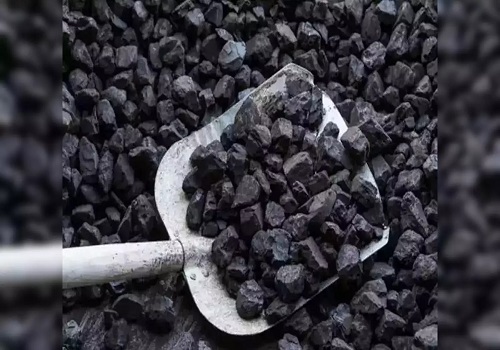

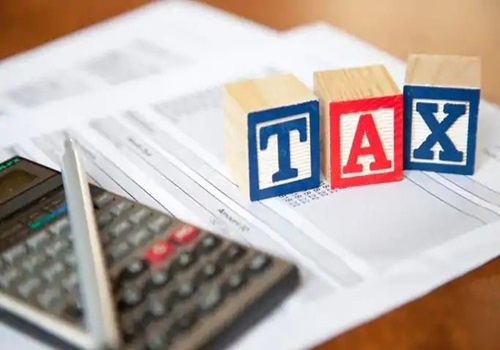


Tag News

Weekly Market Analysis : Markets strengthened recovery and gained nearly 2% in the passing w...



More News
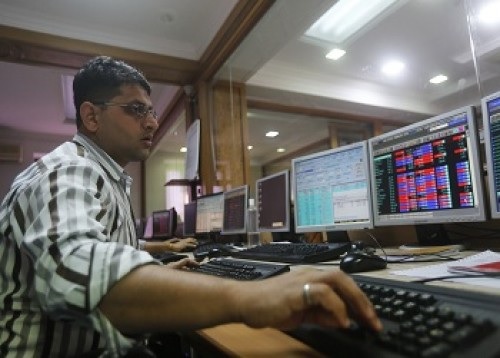
Markets likely to make optimistic start on Friday
